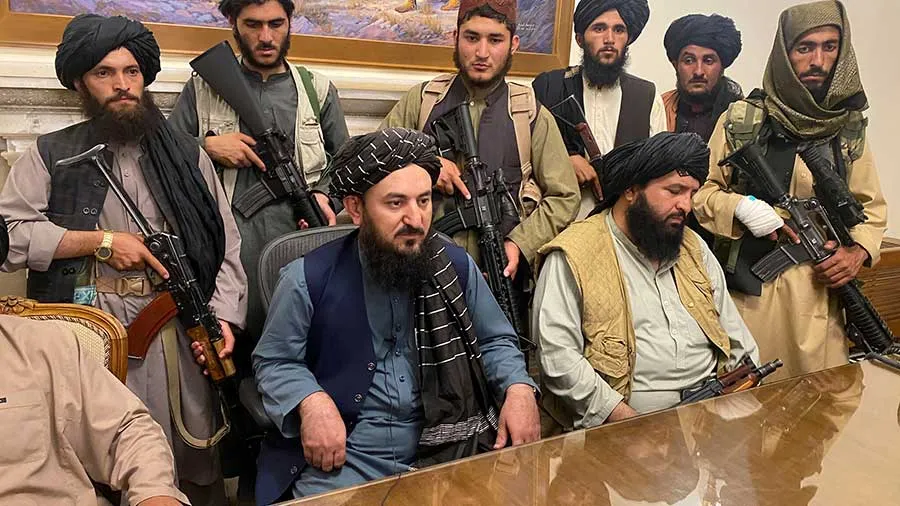The Taliban are an extremist group because they adhere to a strict interpretation of Islamic law, or Sharia. They believe that all aspects of life should be governed by Sharia, including politics, economics, and social interactions. This interpretation of Sharia is often in conflict with modern values and practices, which is why the Taliban are seen as extremists.
The Taliban’s extremism can be traced back to its founding in the 1990s. The group was formed by Afghan mujahideen who fought against the Soviet occupation of Afghanistan. The Mujahideen were a diverse group of fighters, but they were united by their shared goal of expelling the Soviets from Afghanistan. After the Soviets withdrew in 1989, the mujahideen turned their attention to fighting each other for control of the country.
They emerged victorious from this civil war and took control of Afghanistan in 1996. They quickly imposed their strict interpretation of Sharia on the country, banning music, television, and other forms of entertainment. They also restricted the rights of women, forcing them to wear burqas and forbidding them from working or going to school.
Their rule was marked by violence and oppression. They executed suspected criminals, bombed mosques, and destroyed ancient Buddhist statues. They also harbored al-Qaeda, the terrorist group responsible for the 9/11 attacks.
The Taliban were ousted from power in 2001 by a US-led invasion, but they never completely disappeared. They regrouped in Pakistan and continued to wage an insurgency against the Afghan government. In 2021, the Taliban took control of Afghanistan again, following the withdrawal of US troops.
The Taliban’s extremism is a threat to peace and stability in Afghanistan and the wider region. They have a history of violence and oppression, and they are a haven for terrorist groups.
The international community must work together to prevent the Taliban from consolidating their power by:
- Providing humanitarian aid to the Afghan people. The Taliban’s rule has caused a humanitarian crisis in Afghanistan, with millions of people facing hunger, poverty, and displacement. The international community must provide humanitarian aid to help the Afghan people survive and rebuild their lives.
- Imposing sanctions on the Taliban. Sanctions can be used to pressure the Taliban to change their behavior and to make it difficult for them to finance their activities. The international community should impose targeted sanctions on the Taliban leadership and on businesses that support them.
- Working with neighboring countries to secure the borders of Afghanistan. The Taliban have been able to consolidate their power in part because they have been able to move freely across borders. The international community should work with neighboring countries to secure their borders and prevent the Taliban from using those borders to move weapons and fighters.
- Supporting the Afghan resistance. There are still Afghan forces who are resisting the Taliban. The international community should support these forces with training, weapons, and funding.
- Engaging with the Taliban. The international community should engage with the Taliban in order to understand their intentions and to try to influence their behavior. However, engagement should be conditional on the Taliban meeting certain benchmarks, such as respecting human rights and allowing girls to go to school.
Preventing the Taliban from consolidating their power will be a difficult task, but it is essential for the future of Afghanistan and the wider region. The international community must work together to provide humanitarian aid, impose sanctions, secure borders, support the Afghan resistance, and engage with the Taliban.



